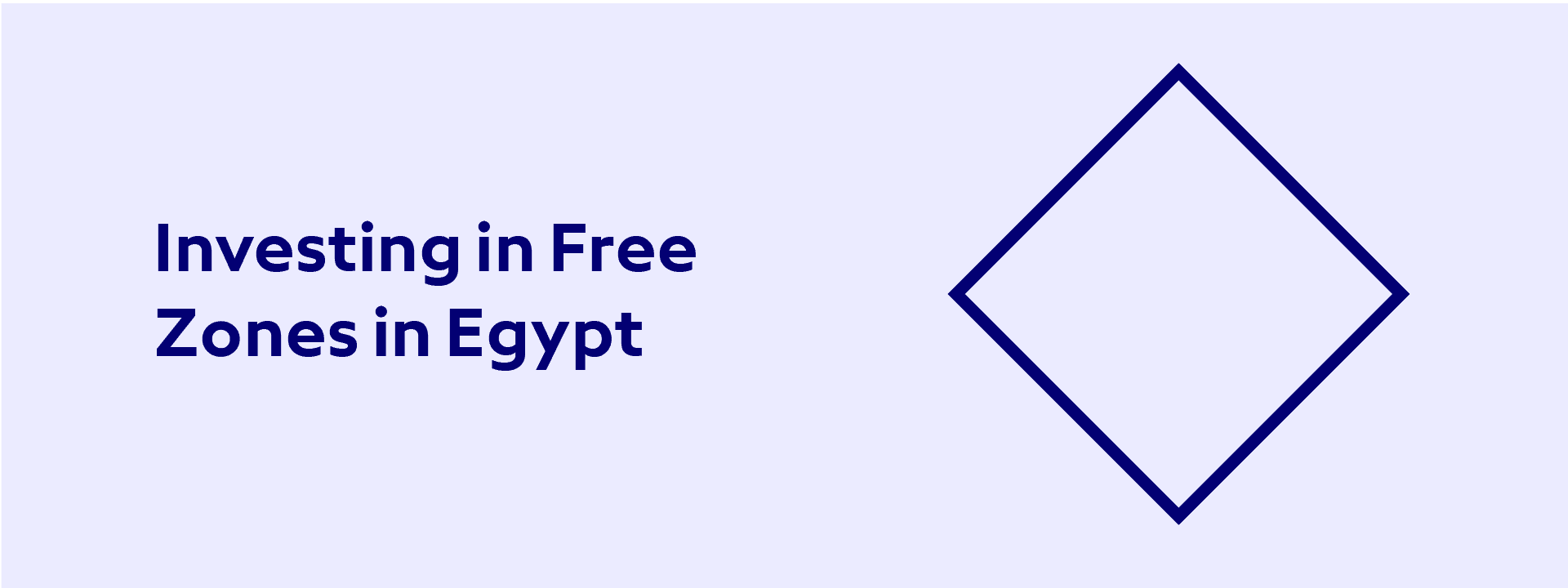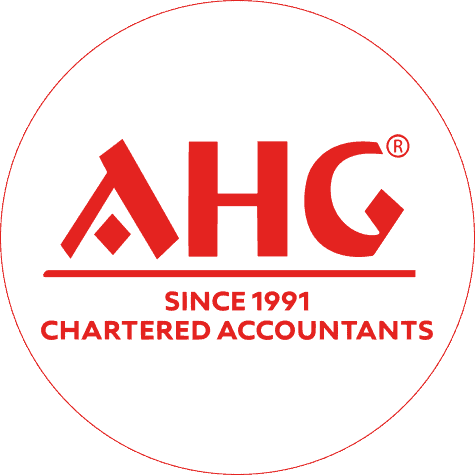What are free zones?
A free zone is part of the territory of the State and is within its borders and is subject to its administrative authority, where it is dealt with in accordance with special tax, customs and monetary provisions.
All activities to be invested in within the free zones are allowed in accordance with the policy set by the General Authority for Investment and Free Zones, mainly industries destined for export abroad, except:
- Weapons, ammunition, explosives and everything related to national security.
- Liquor and liquor.
- Fertilizers
- Iron and steel.
- ֺPetroleum .
- ֺNatural gas .
- ֺEnergy-intensive industries.
Free Zones in Egypt
Investing in free zones in Egypt is a unique and unique opportunity, because free zones represent an important reason for increasing exports, increasing national product, in addition to creating new job opportunities, due to their many advantages, the most important of which is direct connection with the outside world and the availability of land with complete facilities and infrastructure.
One of the most important characteristics within the free zones is the privacy of dealing, in terms of customs and import from free zones, cash and others, which is related to the movement of goods in the free zones in and out, which allows a great deal of freedom in transactions that would attract investments.
Advantages of investing in free zones
Investment in the free zone is characterized by many advantages and incentives, and the most important advantages of the free zone system are:
- No restrictions on the nationality of the capital.
- Freedom to choose the legal form of the project.
- Freedom to determine product prices and profit percentage.
- Exemption from customs tax, general sales tax, etc. for capital assets, production requirements, exports and imports.
- Free zones have a number of guarantees, where the existing projects in the free zones are provided with a number of guarantees such as the inadmissibility of nationalization, confiscation, seizure, expropriation of real estate other than judicial methods and methods.
- You can learn about the Investment Guarantees and Incentives Law No. 8 of 1997 from here
Types of Free Zones
There are two types of free zones, namely public and private free zones.
Public Free Zone
Currently, there are 9 public free zones in Egypt equipped with facilities, infrastructure and infrastructure to receive investment projects, namely:
- Nasr City Public Free Zone.
- Alexandria.
- Port Said.
- Suez.
- Ismailia.
- Damietta.
- Media Free Zone in Sixth of October City.
- Shebin Area
- Qaft Area
In addition to two areas under development, the CEO of the General Authority for Investment and Free Zones approved the decision issued to establish the free zone in Badr and East Port Said.
The free zone is managed through its own board of directors in addition to an administrative body that provides all the facilities required to issue approvals for licenses to establish projects in public free zones from the region’s board of directors, in order to save time and effort, in addition to providing lands equipped with the necessary facilities to establish these projects within those areas according to the areas that suit the nature of each project.
Private Free Zone
It can be converted to the system of private free zones, provided that the investment activity is carried out within a free zone, especially if several conditions apply, which is that the investment project is a project that contributes to the development of a new urban area in accordance with the sustainable development plan.
It is permissible to switch to the internal investment system, and the executive regulations for the work of the private free zones system are specified, as it requires that it meets the special conditions specified by the regulations and that it has already practiced the activity and its exports are not less than 50%.
Competitive prices for facilities in free zones in Egypt
There is a new mechanism for pricing electricity used by energy-intensive industrial sectors (more than 50 million kilowatts). This mechanism is applied to all sectors except the food and textile industries. Electricity costs are about 4 cents per kilowatt, while potable water costs between 20 and 30 cents per cubic meter.
As for the fees that apply to companies operating in free zones, manufacturing or assembly companies pay an annual fee of 1% of the total value of their products excluding all raw materials, storage facilities pay 1% of the value of goods entering the free zones, service projects pay 1% of the total annual revenues, and goods transiting to certain destinations are exempt from any fees.
With regard to land rental prices, they are as follows: investment areas are evaluated and allocated under a lease system of 3.50 USD per square meter for industrial projects, and 7.00 USD per square meter for all other projects (storage and services), and there is a 50% reduction from the previous rate in three of the nine public free zones: Ismailia (for industrial and service projects only), Damietta and Shebin El Kom.
Development of Free Zones in Egypt
Work has been underway to develop and improve the work in these zones since July 2004 by taking a series of measures that would have supported and developed the work in the free zones, and during the fiscal year 2006/2007 the following measures were taken in this area, including:
- Authorize the Head of the Free Zones Sector to issue the necessary approvals and decisions to facilitate the work of free zones in order to establish the principle of decentralization in decision-making.
- Facilitating projects that work in external direct supply by reducing the Authority’s fees.
- Legalization of container handling projects and dry free ports.
- Making it easier for projects to calculate delay benefits.
- Reducing the value of the guarantee provided by projects to pay the Authority’s dues by 50% for projects committed to paying the Authority’s dues.
- And put in place a mechanism for the exit of the equipment of petroleum services companies and their guarantee system.
- Setting easy rules for the exit of waste from free zones.
Why invest in Egypt?
Egypt has many advantages that make Egypt a strong investment and commercial target , namely:
- Political climate
- Strong economy and favorable environment for investment
- Economic Reform Program
- New Economy
- A large qualified and trained workforce at competitive prices
- Large consumer market and outstanding distribution of the population
- Advanced Infrastructure
- Competitive tax rates
- Proximity to global markets
- Diversified economy
- Suitable for investment
- Obtaining licenses
- Investor Protection
Why AHG is the right choice to set up your business?
We specialize in company formation in Dubai and in setting up free zone companies in Dubai (UAE). AHG is the Federal Tax Authority (FTA) accredited since 2014. We care and listen to your vision, challenges and needs in order to provide the right advice. Your business organization needs a trusted problem analyst, and a legal/regulation expert who can guide your business to success while exchanging the global market. We believe in entrepreneurship and value innovation. Also, we understand that innovative ideas require dedicated builders who are able to make dreams a profitable reality.
Working together we can determine the most suitable structure for your business, prepare a business plan, cash flow forecasts, look at trading forecasts and introduce you to an appropriate bank or lender. Click here to know more.

